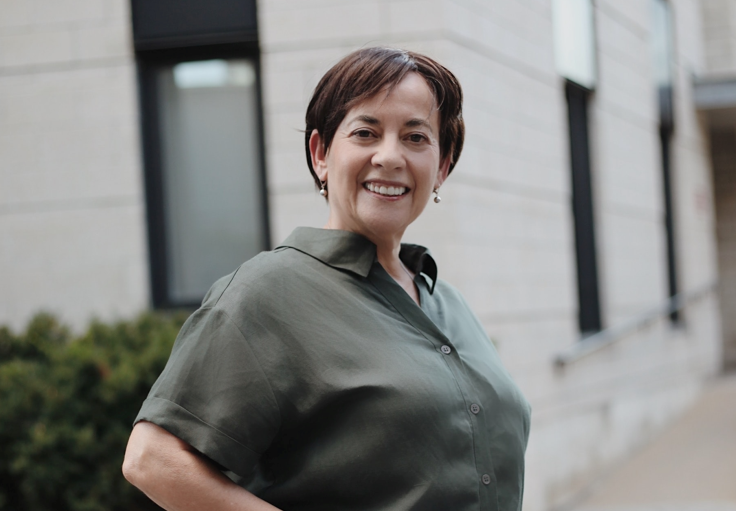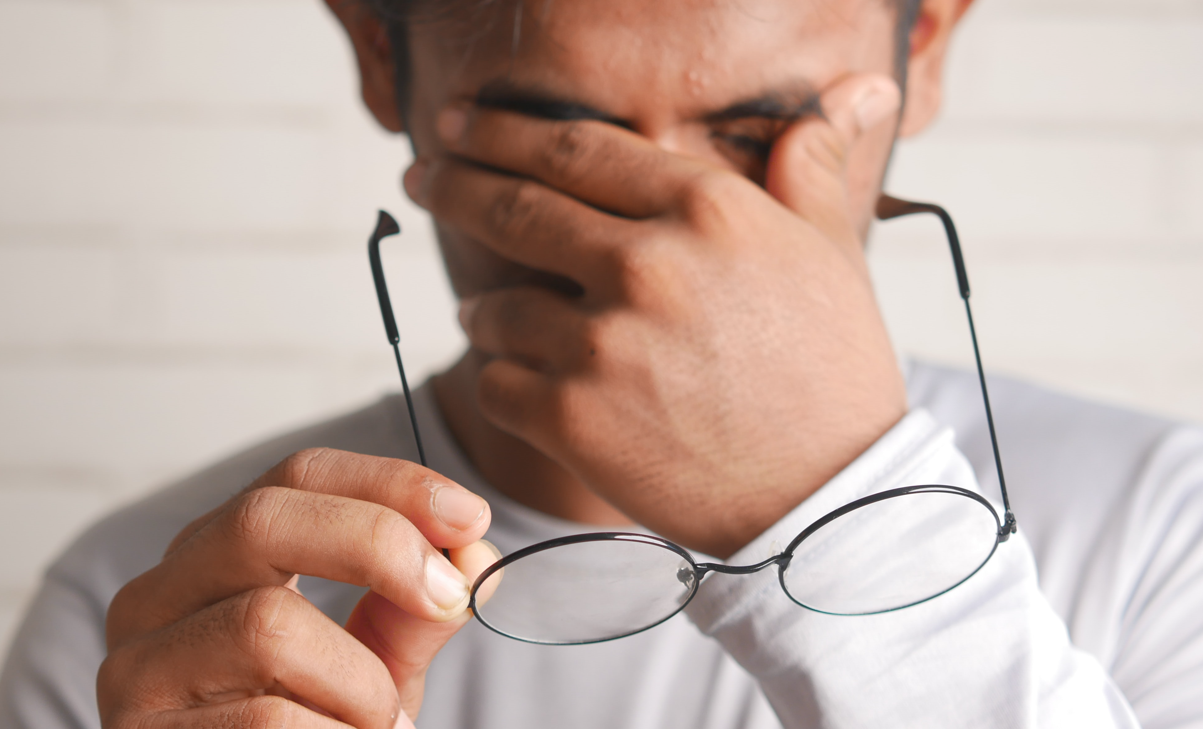Should women stop taking hormone replacement therapy after menopause and, if so, when?
By Wendy Haaf
Most women who take hormone replacement therapy (HRT) begin doing so during the period leading up to menopause to help ease symptoms such as hot flashes (which can be extremely bothersome and disruptive), night sweats, disturbed sleep, and mood swings. Estrogen is the main component of hormone therapy (also called menopausal hormone therapy), but since it increases the risk for uterine cancer, women who haven’t undergone a hysterectomy need to combine it with progesterone to reduce that risk.
Your decision
A woman’s decision about whether to discontinue HRT and if so, when, should be based on a discussion with her doctor, “going over the risks and benefits of longterm prescription and making sure there are no absolute contraindications to taking the medication,” says Dr. Wendy Wolfman, the director of the Menopause Clinic at Mount Sinai Hospital in Toronto. Contraindications include a history of breast or estrogen-dependent cancer, active cardiovascular disease, active stroke, liver disease, and unexplained uterine bleeding.
Bone Loss
Among the benefits of continuing HRT is its potential to prevent bone loss. This may be an important consideration if you know you’re at a greater-thanaverage risk for osteoporosis and the potentially disabling fractures associated with the condition.
Breast cancer?
The main drawback of estrogen/progesterone hormone therapy is that there’s a slight increase in the risk for breast cancer—a risk that is thought to rise the longer a woman takes HRT. “The degree of actual risk is a bit controversial,” Wolfman says. She cites the Women’s Health Initiative, the largest randomized controlled trial: after 5.2 years, among both those taking estrogen alone and those taking estrogen and progesterone, “the risk was eight additional breast cancer cases in 10,000 women.
Even 20 years after stopping HRT, the women who took the continuous combined estrogen and progesterone therapy for 5.2 years still had a slightly increased risk for breast cancer.” By comparison, one small glass of wine a day is linked to one additional case of breast cancer per 100 women. At the same time, “there was no difference in the incidence of death, so you have to put the numbers in context,” she adds. Among women who took estrogen only, the rate of breast cancer was 20 per cent lower than among women who didn’t take HRT.
Your age
Age is also part of the equation. “Mostly, for women in their 50s, we think the benefits outweigh the risks,” Wolfman says. “In your 60s, as long as you have no absolute contraindications, it’s pretty neutral. In your 70s, there’s more risk for stroke, especially with higher doses of therapy and oral medications, as opposed to the patch.”
Then there’s the question of whether your symptoms will come back when you try to decrease the dose you’re taking (after you’ve discussed doing so with your doctor, of course) and, if so, how big an effect that will have on your quality of life.
In the end, Wolfman says, “each woman has to make her own decision.” Take that eight-in-10,000 figure. “Some women will say ‘Oh, that’s nothing.’ And another will say ‘I’m not doing that.’ It’s basically a decision between the doctor and the patient based on whether the patient feels that the benefits outweigh the risks.”
Photo by Good Faces on Unsplash





